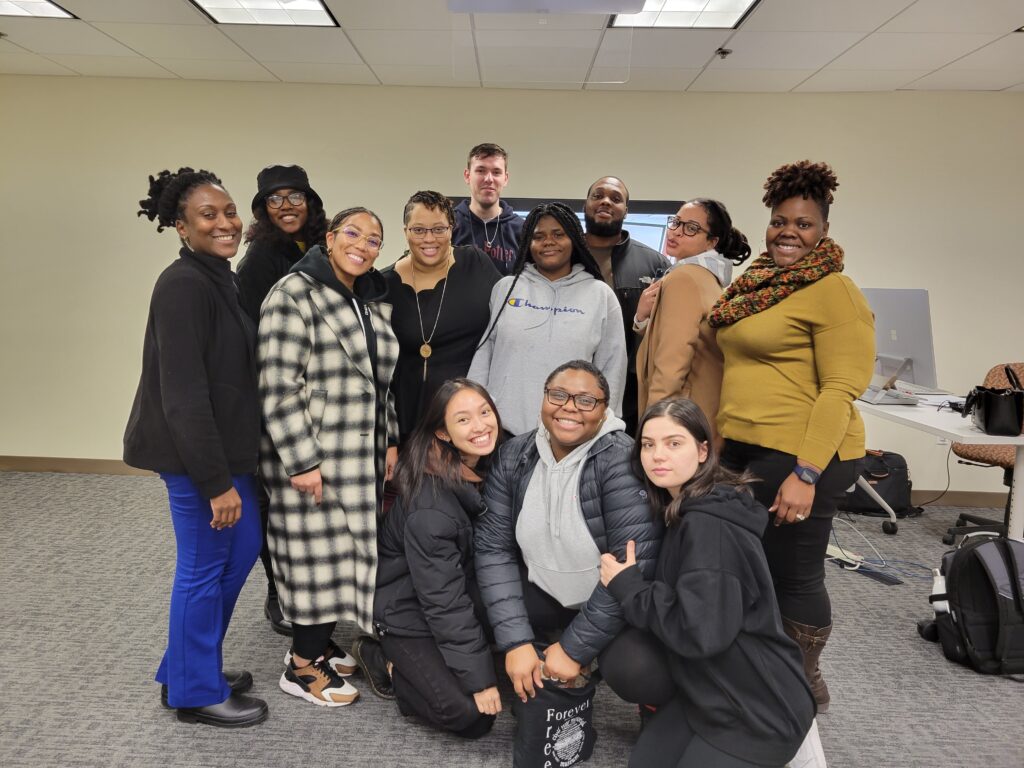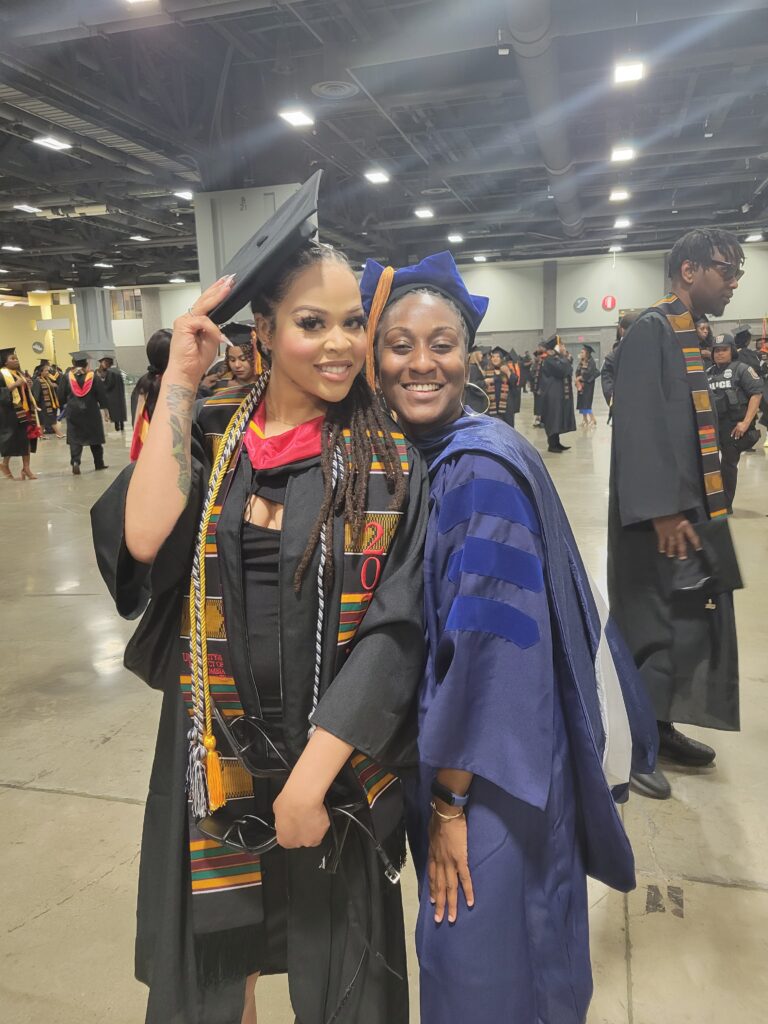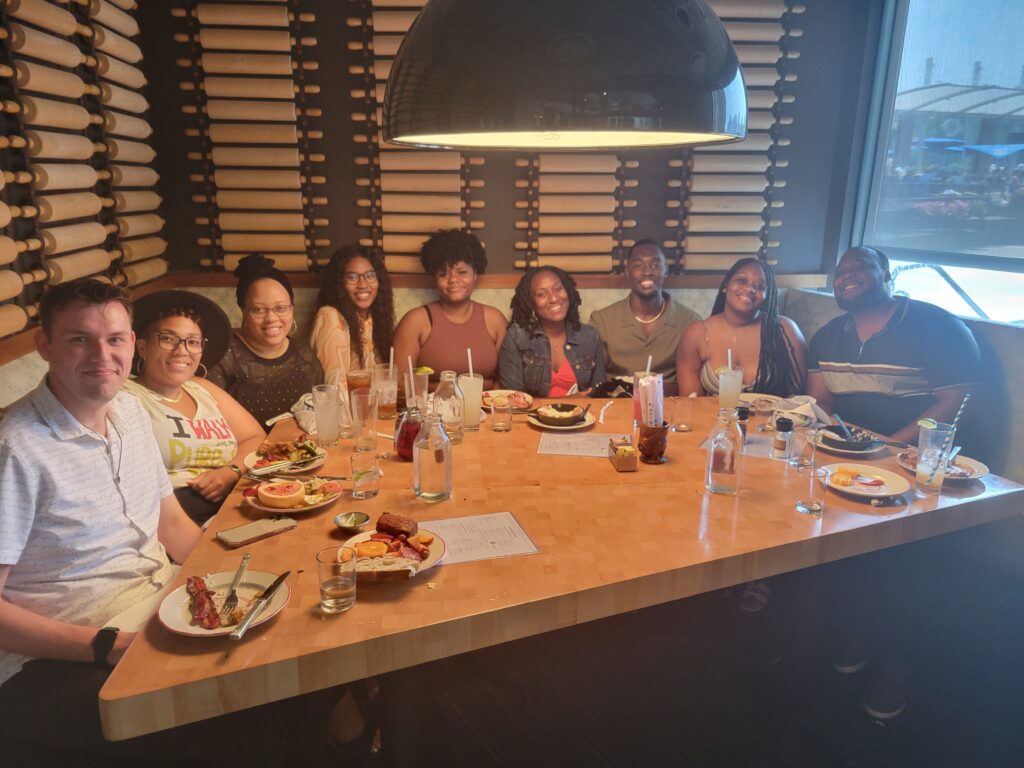“A lot of people say they don’t go into science because it’s like super hard. They tell me, ‘You’re super smart.’ I’m not super smart. I’m just– disciplined.” -Student B
The quote above comes from research that engaged STEM students and faculty from 4 HBCUs in focus groups (Fredericks et al., 2021). This student’s experience echoes the pervasive belief that only the intellectually gifted can succeed in STEM (fixed mindset). Negative stereotypes about who can and cannot succeed in STEM impact minoritized (e.g., Black, Latino, Native American) students at alarmingly disproportionate rates, thus when students encounter failure and challenges in these courses, they often believe that they must not be ‘smart enough’. This can in turn limit their STEM interests and persistence.

Now, imagine if we identify and better understand effective approaches and strategies to cultivate growth mindset-oriented classroom cultures, that emphasize learning/growth and value mistakes and failures in the service of learning. Professors could potentially improve their students’ experiences, engagement, achievement, and persistence in STEM. However, although higher education faculty have the power and autonomy to directly influence the STEM learning environment, there is a lack of evidence-based strategies to assist STEM faculty in cultivating learning environments that counter the prevailing STEM ‘culture of genius’ to support the creation of ‘cultures of growth’.

While demonstrating promise, the sparse literature on understanding learning contexts of growth, has been largely confined to Predominantly White Institutions (PWIs) and have included sample sizes of students racially overrepresented in STEM (i.e., White, Asian). The current study seeks to explore faculty beliefs, approaches and practices in introductory STEM courses at HBCUs. On these campuses and within the STEM classroom, minoritized students are a part of the racial majority. Not only do HBCUs enroll greater numbers of students from minoritized groups, but they also support and nurture a larger proportion of students from lower income homes, demonstrated by the high percentage of Pell grant eligible students and recipients. Due to the unique characteristics of these institutions, they are ideal for conducting work seeking to understand the experiences of minoritized students and to support their persistence, success, and participation in STEM.

To address the aforementioned challenges, the current project seeks to identify a sample of HBCU instructors of STEM introductory courses and their students. Instructor surveys aim to capture their beliefs and pedagogical practices. Student surveys will capture their beliefs, perception of classroom culture, STEM engagement and persistence. Instructor interviews will dive deeper into the why and how of their beliefs and pedagogical practices/approaches. Student interviews aim to better understand their classroom experience, STEM intentions and motivations. Lastly, classroom observations will be conducted to observe the messages, practices and climate of the classroom environment.

